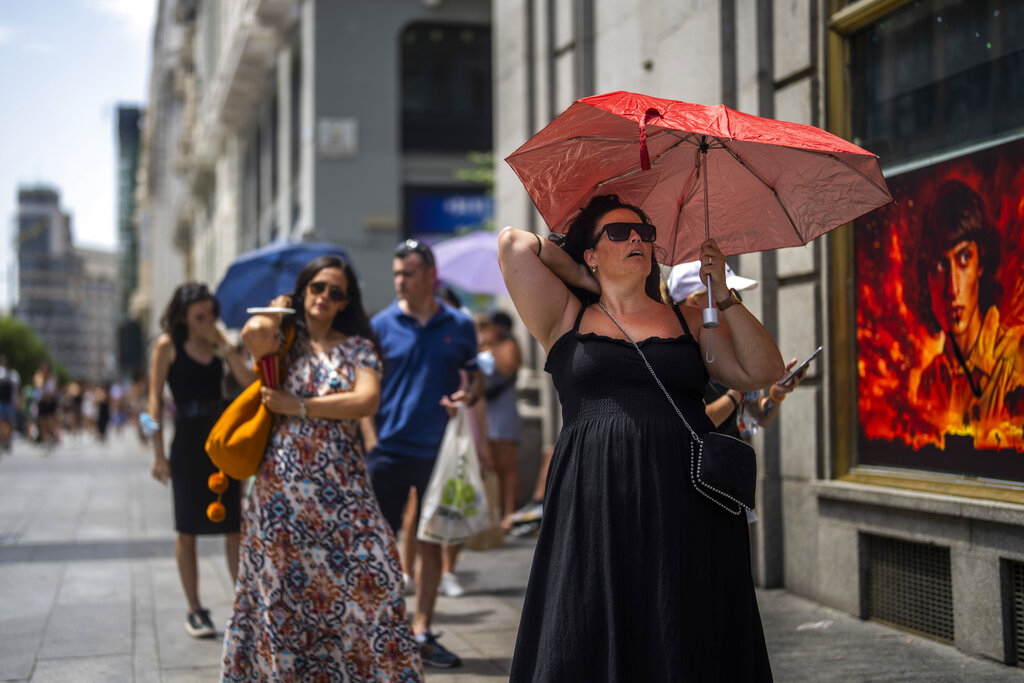Administrative buildings, commercial buildings, closed catering and cultural spaces, and railway and bus stations in Spain cannot be cooled to a temperature lower than 27 degrees in the summer, or heated to a temperature higher than 19 degrees this winter, the Spanish official gazette (BOE) reported on Tuesday.
The Spanish government adopted a package of energy-saving measures on Monday, which will enter into force one week after its publication and will remain in force until Nov. 1, 2023. According to the measures, the lighting of shop windows must be switched off after 10 p.m., as well as the external lighting of unused public buildings.
If either the heating or the air conditioning is working, the doors must be kept closed, and for this purpose the entrances must be automated by the end of September. The legislation stipulates that thermal equipment must be reviewed for properties that last underwent an energy efficiency test before Jan. 1, 2021.
The energy-saving plans do not apply, for example, to healthcare and educational institutions, hair salons, restaurant kitchens, or places where it is “justified to maintain special environmental conditions.”
The package of measures that has now entered into force is part of the Spanish government’s action program aimed at fulfilling the European Union’s gas-saving plan adopted at the end of July, which aims to prevent the energy crisis threatening Europe due to the war in Ukraine.
According to this, Spain voluntarily agreed to reduce its current gas consumption by 7 percent.






